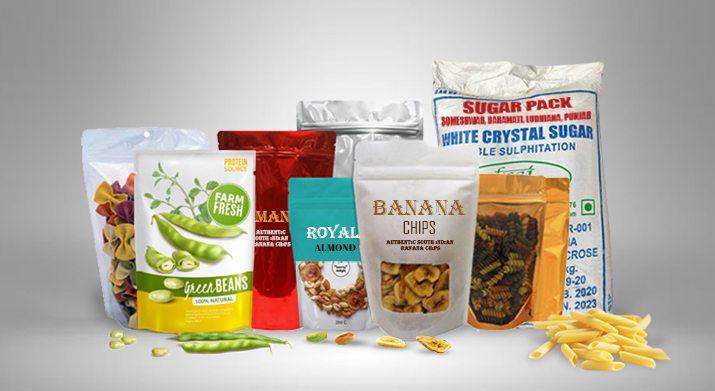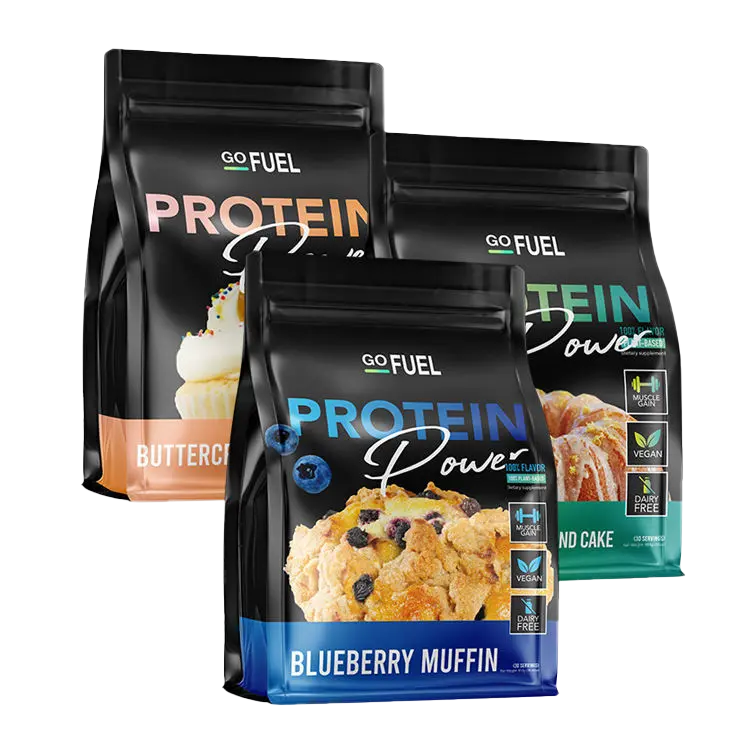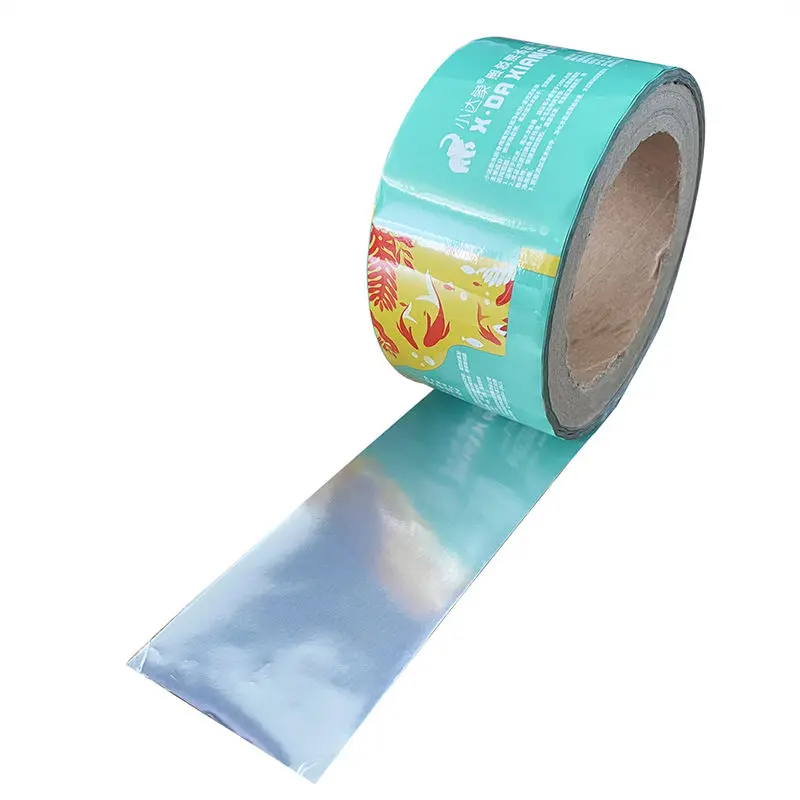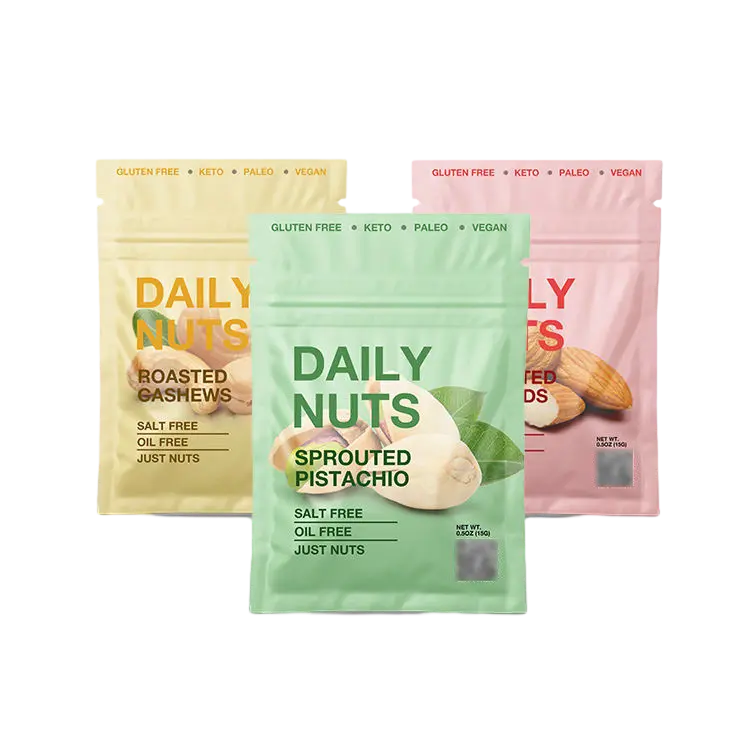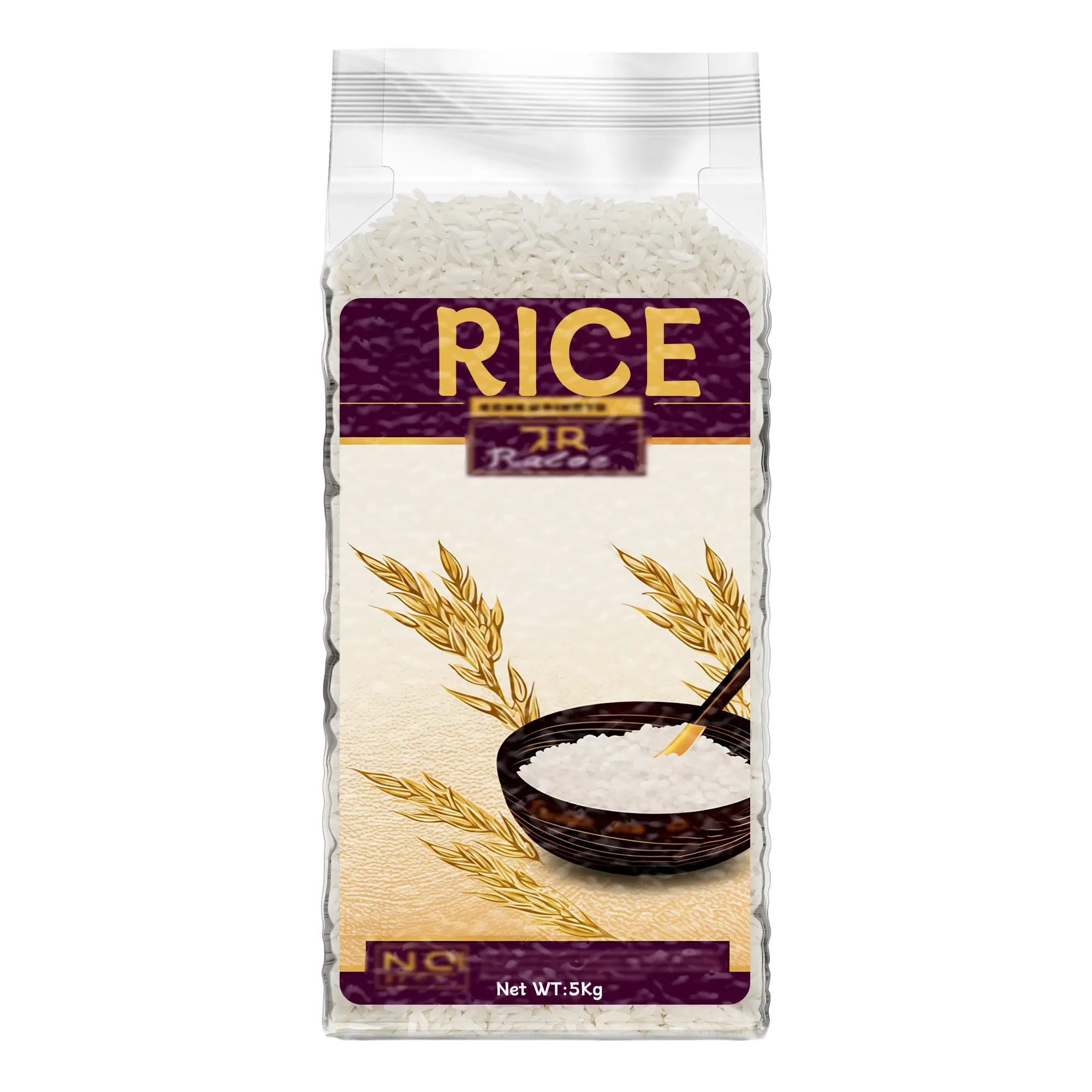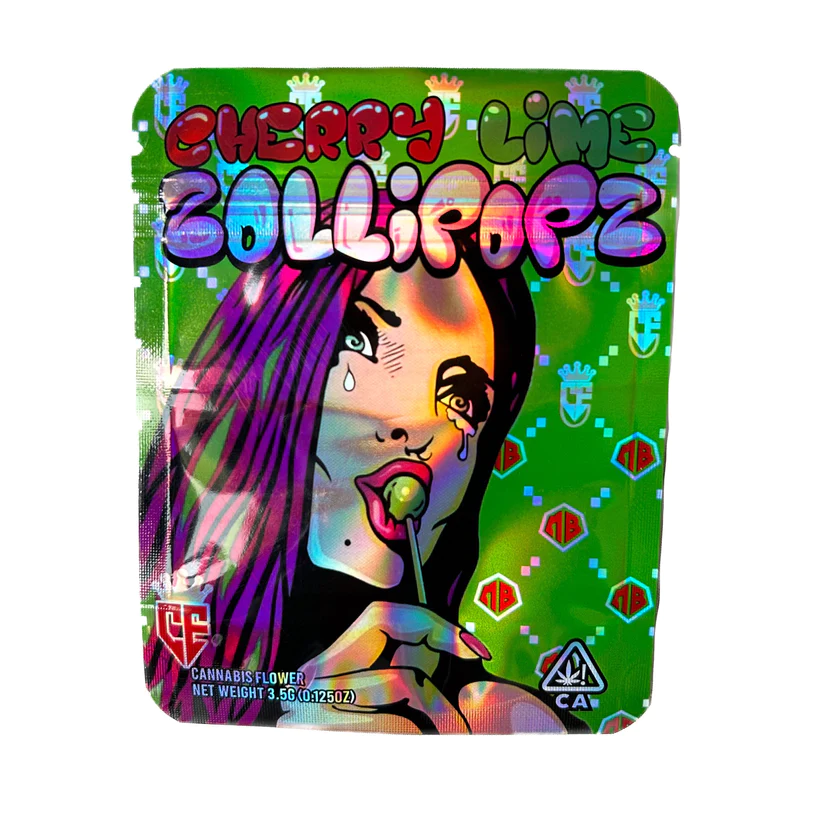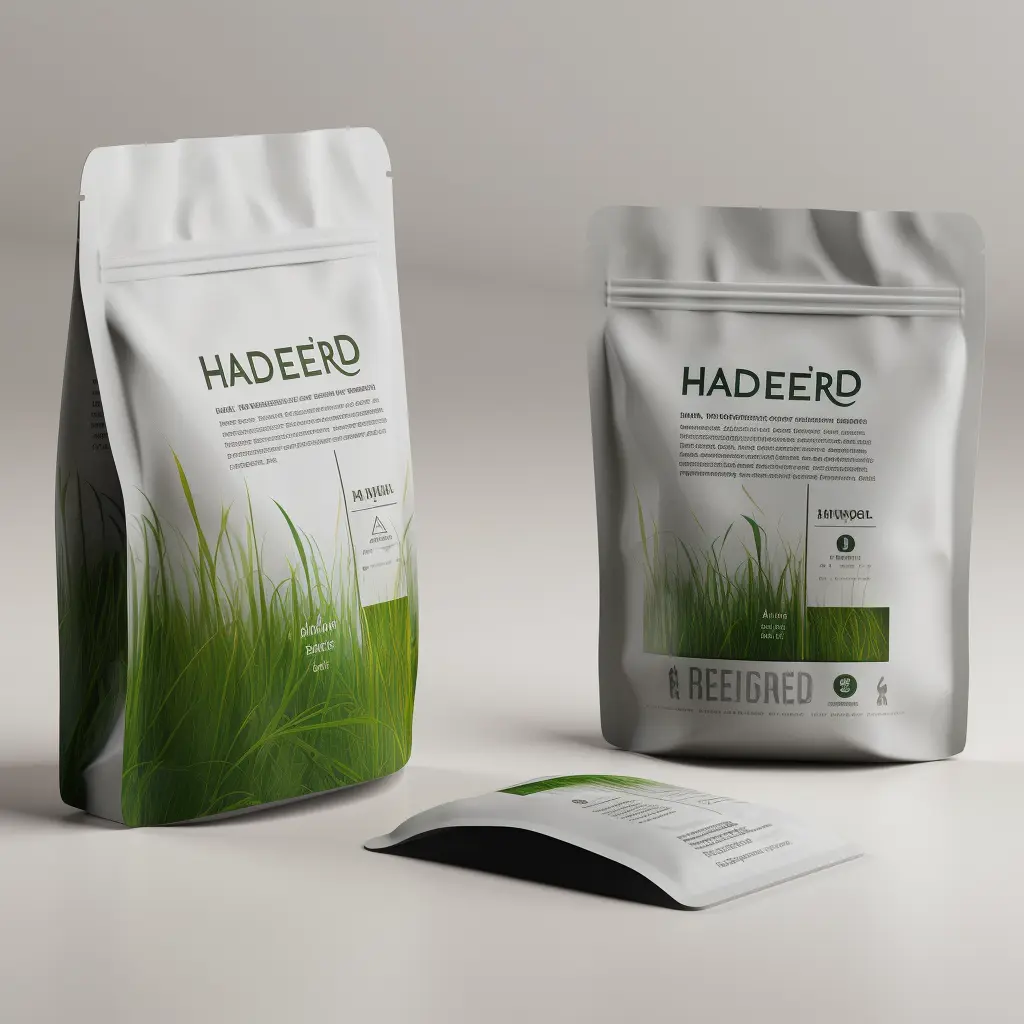Mylar bags have become a popular choice in storing food and supplies, which has provoked issues of practical use in relation to their application. Most individuals wonder if mylar bags are safe for food, if they are recyclable, and how to store them. They are symptoms of a need for easy answers in relation to their safety and management.
Are Mylar Bags Safe for Food?
Mylar bags are generally safe for food storage if used correctly. They are made of metalized polyester, a combination of polyethylene terephthalate (PET) plastic and an extremely thin layer of aluminum. PET is a commonly accepted food-grade material, found in water bottles and food containers, with a good reputation for stability and non-leaching of harmful substances. The aluminum coating gives an extra layer of protection from air, light, and moisture, offering preservation without compromising safety.
The key to safety is employing them. Mylar bags that are food-grade need to be marked as such by manufacturers, without inks or coatings that are toxic. Most of the generic mylar bags fit under this standard, protecting dry goods like grains, spices, or dried fruits from humidity. But not for wet or acidic foods—like soups or citrus—since these will eventually react with the material and undermine integrity. Staying with dry commodities and seeking food-grade certification keeps them a sound, safe option for store room essentials.
Are Mylar Bags Recyclable?
It is hard to recycle mylar bags but not impossible. Their make-up—metalized polyester—is a combination of plastic and aluminum in a multi-layered product that does not readily fit into standard recycling streams. Curbside collection will not accept them since the separation of these layers requires specialized equipment, which is not widespread. This hybrid quality makes them more like flexible packaging (chip bags) than single-material plastics, so it is more difficult to process.
All that being said, there are solutions. Some areas have drop-off locations or mail-in programs for difficult-to-recycle items, where mylar bags might be recycled if clean and free of food residue. Resealable ones can also be reused for non-food storage—like storing tools or craft supplies—giving them years of life before they’re discarded. While recycling isn’t always simple, looking up local facilities or reusing them reduces waste, achieving environmentally friendly goals wherever possible.
How to Store Mylar Bags?
Correct storage of mylar bags ensures that they function optimally. After being filled with dry goods and closed—via heat or vacuum operations—keep them in a cool, dry environment away from sources of heat like ovens or radiators. Temperatures over 80°F will deteriorate the material over time, while humidity will make seals loose if not tight. A pantry, cellar, or cupboard is okay, ideally 50°F to 70°F for optimal preservation.
Keep them raised off the floor to prevent floors from getting wet, using shelves or bins for support. Stack with care to prevent punctures from sharp corners, and shield them from sunlight, which can degrade the plastic coating even with the aluminum cover. For long-term storage, like emergency supplies, inspect seals periodically to detect wear problems early. These precautions maintain the bags’ protective qualities, keeping contents fresh for months or years.
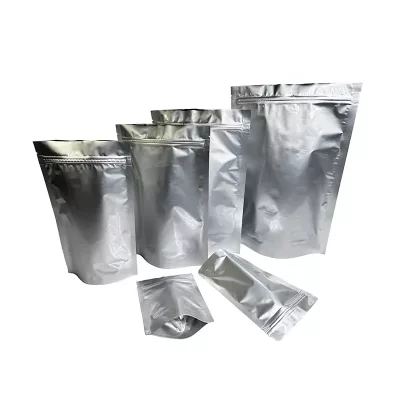
Tips for Most Effective Use of Mylar Bags
Some positive habits enhance mylar bag performance:
- Test Safety: Reuse only edibles in food-grade bags and never industrial type with unconfirmed coatings.
- Tight Seal: Heat or vac seal with airtight finish—test pressing to see there is no escaping air.
- Clean Before Reusing: Brush or wipe resealable ones to clear rubbish if reusing.
- Store Level: Store them flat or overlap lightly to prevent seam stress or tears.
These are habits that maintain the mylar bags secure and active for their planned purpose.
Why Use Mylar Bags?
Mylar packets are differentiated by their robust build. Plain plastic cannot block air, light, or moisture as effectively as the metalized coating, so they are suitable for dry foods. Durability is ideal for long-term use—like pantry staples or survival gear—while being available in many sizes is ideal for anything from small herb packets to bulk grains. Food safety is a plus when paired with proper use, giving them assurance for consumables.
They are not perfect, though. Their complex make-up is only so far as something can be recycled, and they are not adequate for wet goods. But for dry goods within a controlled situation, mylar bags offer protection that rivals cheaper forms with greater upkeep.
Practical Uses and Limitations
Mylar bags perform well in specific uses. They’re great for pantry staples—grains, cereals, dried vegetables—to keep them isolated from water and insects. In emergencies, they shield rations or first aid kits from dampness and friction. Non-edible uses, like seed or hardware storage, take advantage of their barrier strength too. With liquid or moist contents, though, they falter, and other containers are the best bet.
Care does count. Improper sealing or wet storage can nullify their benefit, and recycling is a chore. Having their use equal dry, sealed storage ensures that they live up to promise.
Your Mylar Bag Answers in a Nutshell
Mylar bags are safe for food if food-grade and employed to hold dry foods, because of their PET and aluminum build. Hard to recycle, but possible with special programs, or reuse in creative applications. Store them in cool, dry places with secure closures to make them last longer. Safe, long-lasting, and discerning, they’re a great option for dry storage—just handle them correctly to enjoy the maximum benefit.


